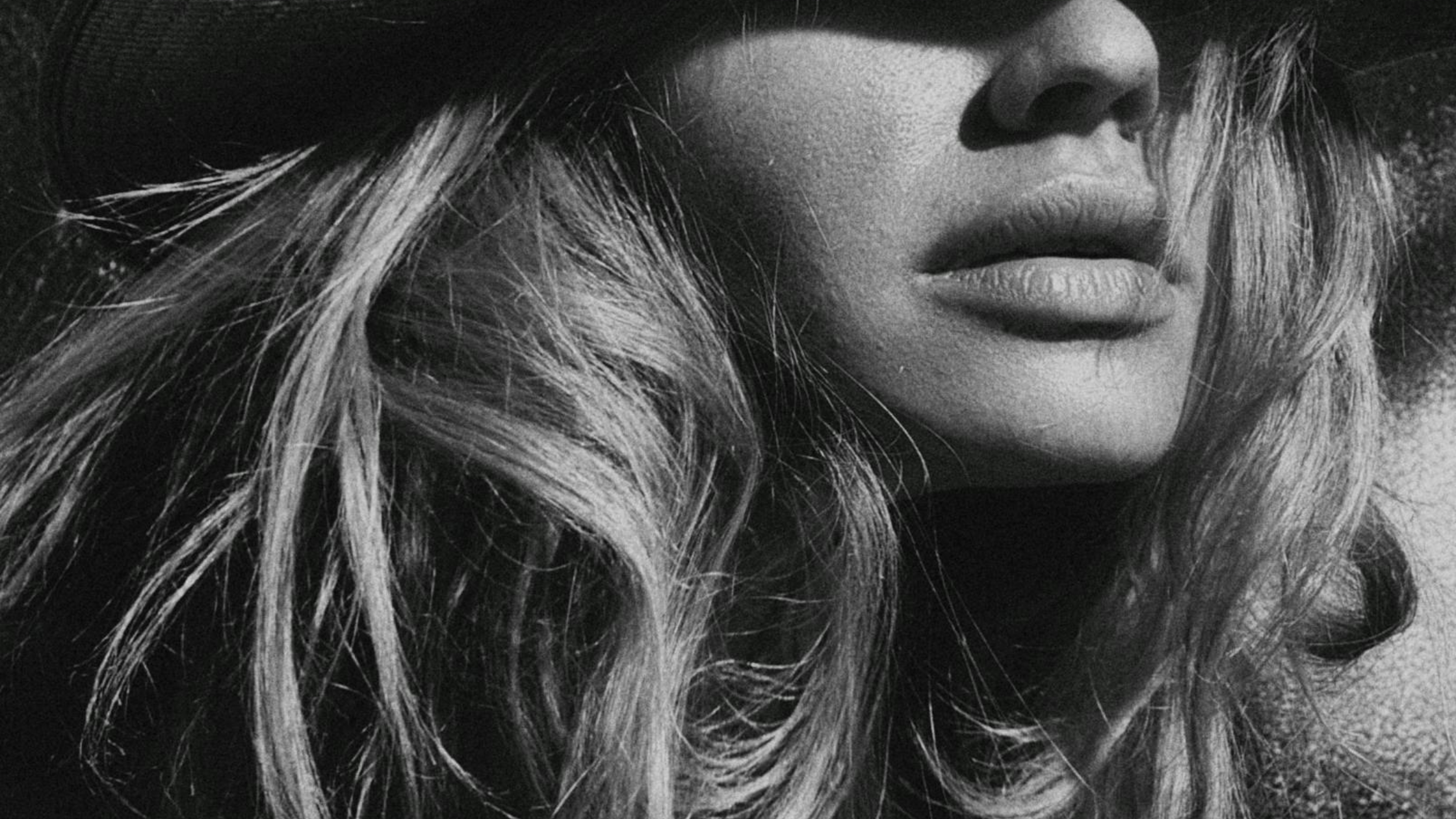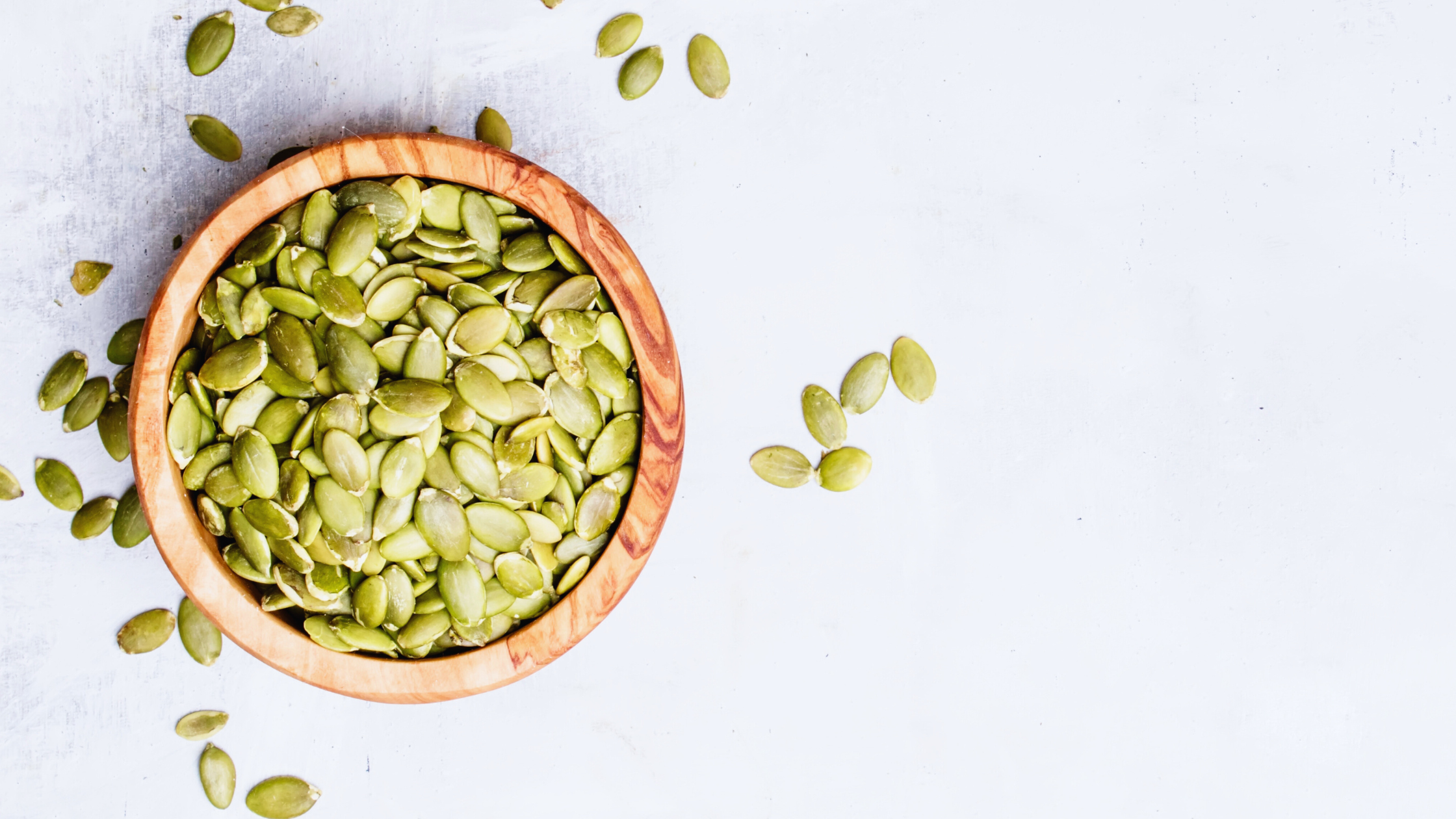Ensuring a healthy scalp is the cornerstone of maintaining luscious locks. Yet, it’s often overlooked in our hair care routines. A neglected scalp can lead to various issues, from dandruff to hair loss. To help you achieve scalp nirvana and unlock the full potential of your hair, here are seven expert tips backed by science and dermatological insights for optimal scalp health and gorgeous hair.
1. Gentle Scalp Massage on Dry Hair:
One of the most luxurious and effective ways to promote scalp health is through gentle massage. However, it’s crucial to perform this ritual on dry hair to prevent unnecessary tugging and damage to wet strands. A favorite tool we love and recommend is this scalp massager. If you don’t have one, use the pads of your fingers, gently massage your scalp in circular motions for a few minutes. This stimulates blood flow, which nourishes the hair follicles and promotes healthy hair growth while at the same time exfoliating the scalp.
Product Recommendation and Amazon Favorite: HEETA Shampoo Scalp Massager Hair Growth
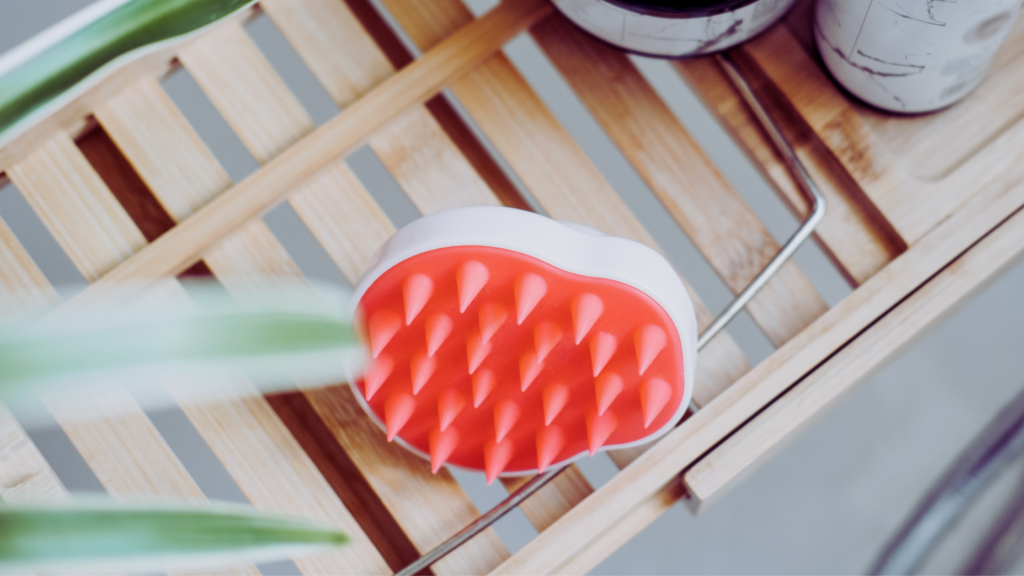
(Source: A study published in the Journal of Physical Therapy Science found that scalp massage can increase hair thickness by stretching the cells of hair follicles, resulting in thicker, healthier hair.)
2. Invest in a Shower Head Filter and Softener:
Hard water, laden with minerals like calcium and magnesium, can wreak havoc on your scalp and hair. Installing a shower head filter and softener can effectively remove these minerals, preventing dryness, irritation, and buildup. Your scalp will thank you for the softer, more manageable hair that follows. There are many options on the market but a favorite on Amazon, with thousands of reviews, is this shower filter for hair.
Product Recommendation and Amazon Best Seller: AquaBliss High Output Revitalizing Shower Filter
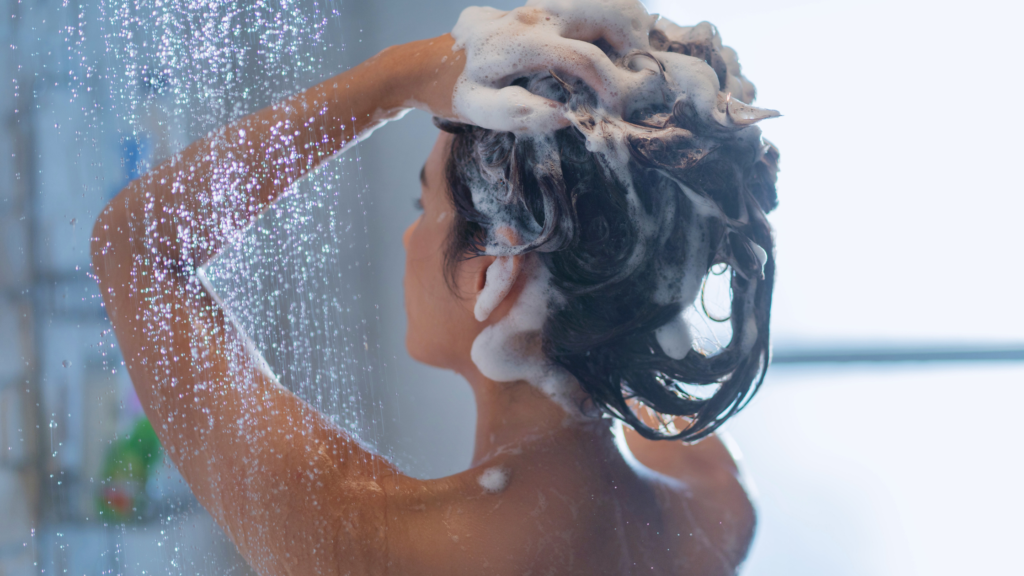
(Source: Research published in the International Journal of Trichology highlights the detrimental effects of hard water on hair and scalp health, emphasizing the importance of water quality in maintaining healthy hair.)
3. Opt for Lukewarm Water:
While a steaming hot shower may be tempting, it’s not doing your scalp any favors. Hot water strips the scalp of its natural oils, leaving it dry and prone to irritation. Instead, dial down the temperature and rinse your hair with lukewarm water. This gentle approach cleanses the scalp without compromising its delicate balance. If you are brave enough to turn it to cold , you will maximize the benefits with a cold shower for your entire immune system.
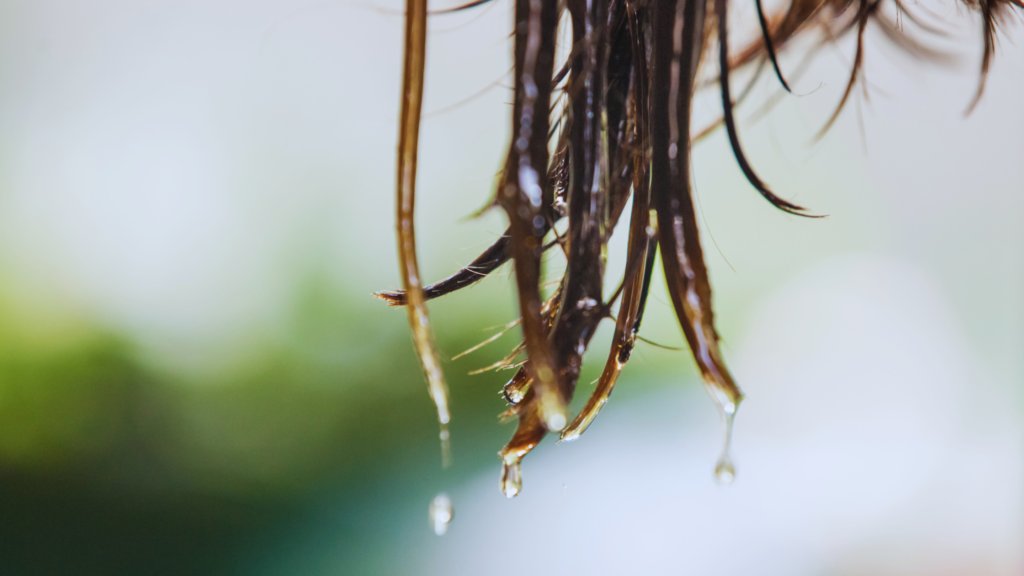
(Source: Dermatologists from the American Academy of Dermatology recommend using lukewarm water for hair washing to prevent scalp dryness and irritation.)
4. Say No to Sleeping with Wet Hair:
We’ve all been guilty of hitting the hay with damp strands, but this habit can spell trouble for your scalp. Moist environments are breeding grounds for yeast and fungal overgrowth, leading to scalp issues like dandruff and inflammation. Ensure your hair is completely dry before bedtime to keep your scalp happy and healthy.
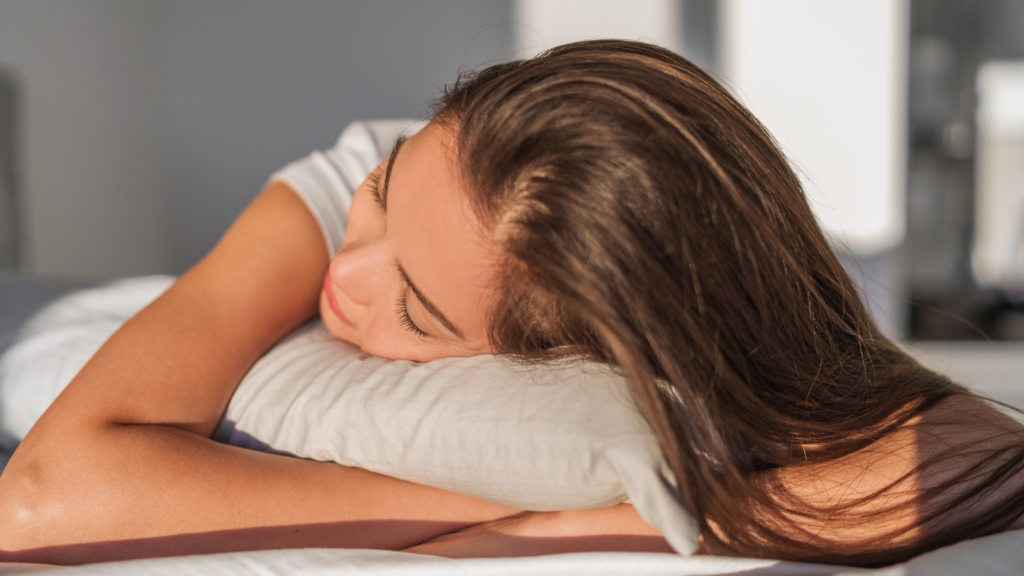
(Source: According to a study published in the International Journal of Trichology, sleeping with wet hair increases the risk of developing scalp conditions due to prolonged moisture exposure.)
5. Double Cleanse Your Scalp:
Just like your skin, your scalp requires thorough cleansing to remove dirt, oil, and product buildup. Opt for shampoos free from silicones, waxes, mineral oils, and petroleum, as these ingredients can weigh down the hair and clog the follicles. Additionally, beware of sodium laurel sulfate, a foaming agent that can strip the scalp of its natural oils and contribute to hair loss.
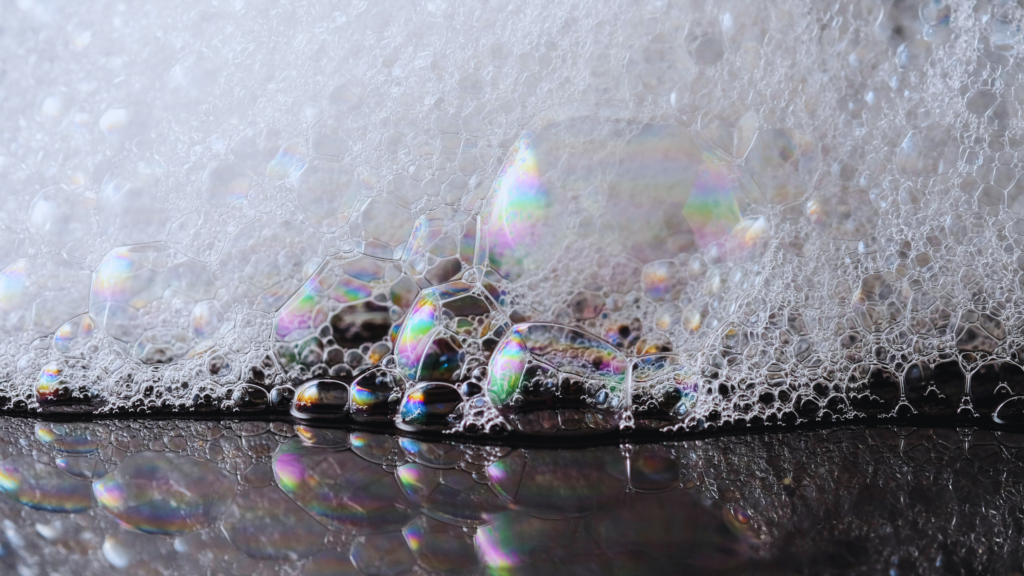
(Source: Dermatologists at the Mayo Clinic advise against using shampoos containing silicones, waxes, and heavy oils, as they can lead to scalp buildup and exacerbate existing scalp conditions.)
6. Use Scalp Serums and Oils for Targeted Care:
Scalp serums often contain ingredients like niacinamide, tea tree oil, and biotin, which help promote scalp hydration, reduce inflammation, and support hair growth. Niacinamide has been shown to increase skin barrier function and reduce scalp irritation, while biotin is commonly used to promote hair health.
*Product recommendation: Vegamour Hair Serum
(Source: Lin, T. K., Zhong, L., & Santiago, J. L. (2017). Anti-inflammatory and skin barrier repair effects of topical application of some plant oils. International Journal of Molecular Sciences, 19(1), 70.*)
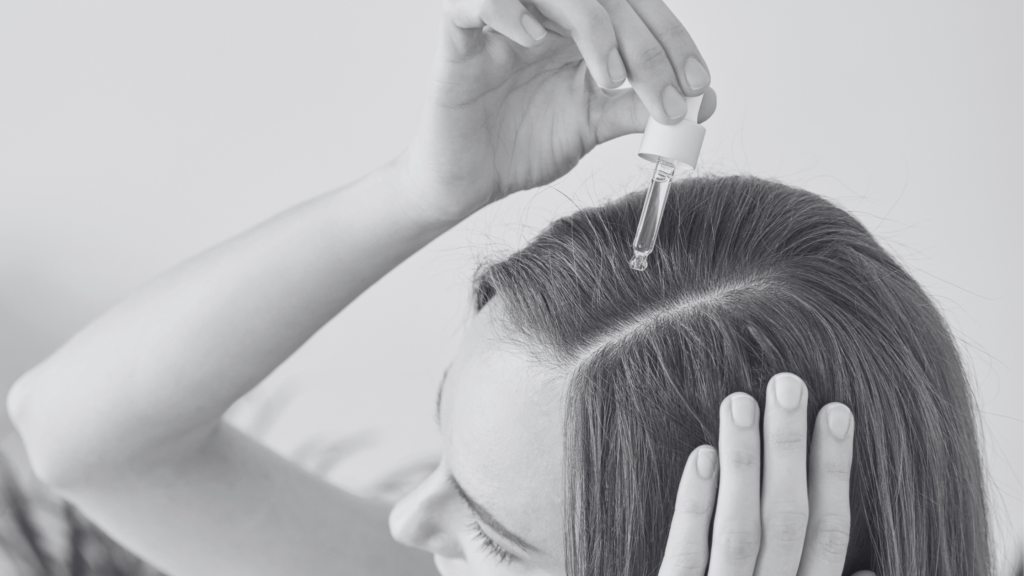
7. Protect Your Hair While Sleeping:
Protecting your hair while you sleep is crucial to preventing breakage and maintaining scalp health. The friction between your hair and your pillowcase can cause split ends, tangling, and scalp irritation. To protect your hair overnight, consider braiding it, putting it in a loose bun, or, better yet, using a satin or silk hair bonnet or pillowcase. These materials help reduce friction and maintain moisture, keeping your scalp and hair healthy.
Tip: Silk and satin bonnets are especially beneficial for curly or textured hair, as they prevent frizz and retain your hair’s natural oils.
Product Recommendation and Amazon Best Seller: YANIBEST Satin Bonnet Silk Bonnet for Sleeping
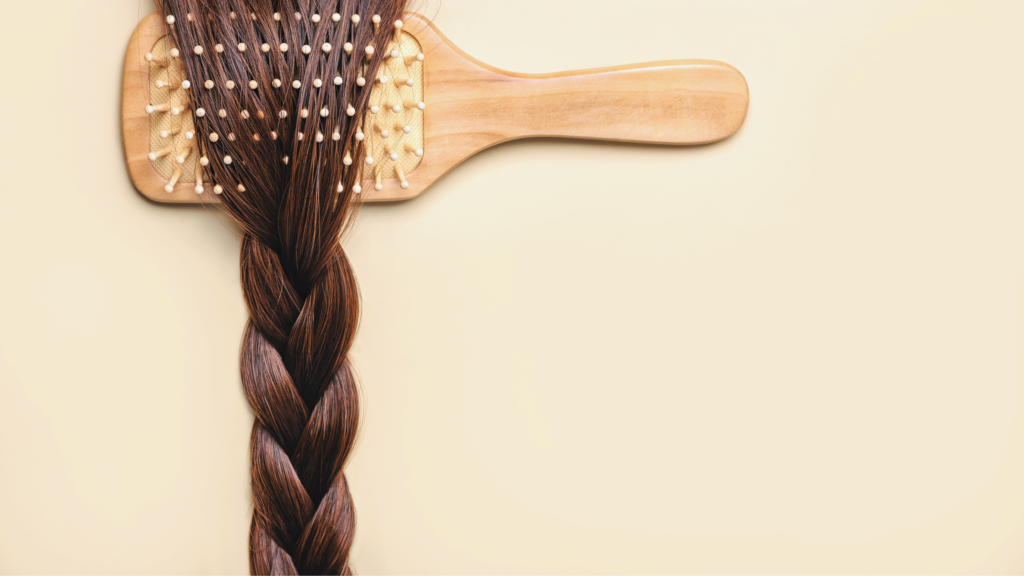
(Source: Severn, K. A., et al. (2016). Impact of pillow fabrics on hair breakage: Insights from a randomized trial. Journal of Cosmetic Dermatology, 15(4), 501-506.*)
By implementing these 7 scalp care tips into your hair care routine, you can nurture a healthy foundation for vibrant, beautiful hair. Remember, a little TLC goes a long way when it comes to scalp health and gorgeous hair. Treat your scalp right, and it will reward you with hair that shines from root to tip. This article has been inspired by my own hair journey as well as witnessing so many women in my life going through their own thinning hair journey. While I truly believe taking care of your scalp will benefit your hair health immensely, here at Lilac Fawn, we are all about what you are putting into your body and how that affects your health. So follow along and read our next entry addressing how to improve your hair health from the inside out: Ultimate Hair Health: Tips for Thick, Beautiful, and Healthy Hair
Happy Scalp Massaging! x
